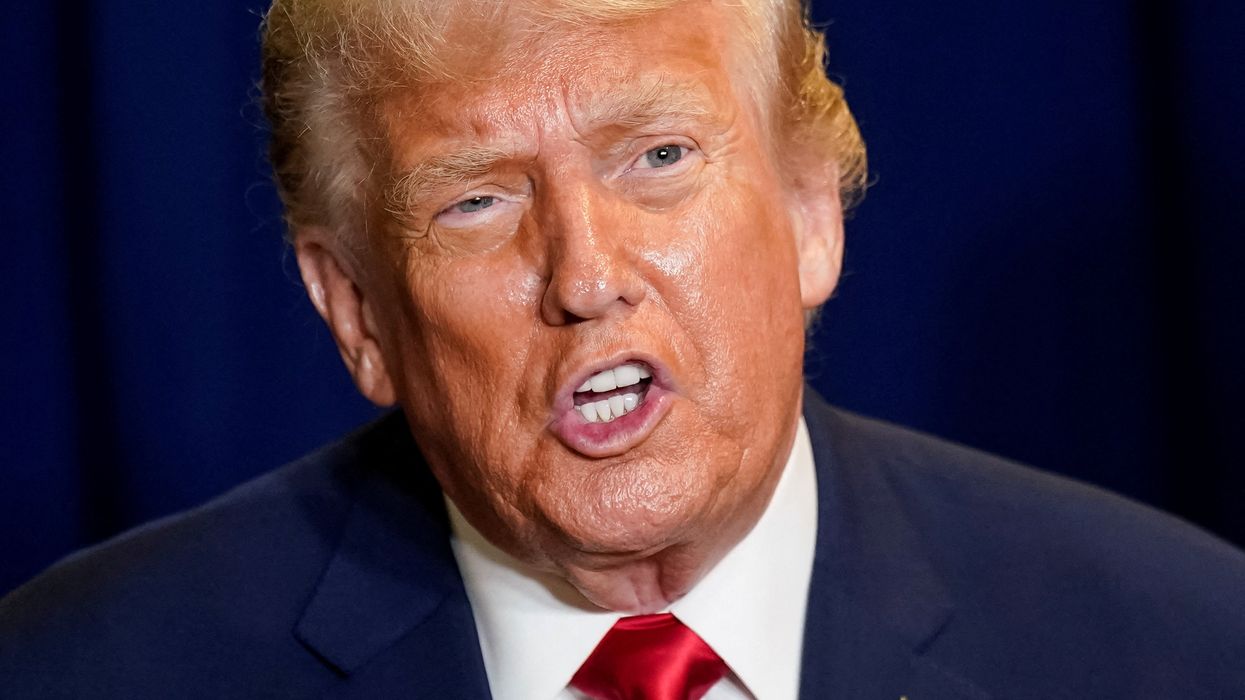Back in 1987, two of the year's most famous commentaries on the U.S. economy were Donald Trump's book "The Art of the Deal" and the Oliver Stone film "Wall Street" (starring Michael Douglas as ruthless financier Gordon Gekko and Charlie Sheen as the protégé who eventually turns against him). Now, 38 years later, Trump is serving his second term as president, and the Gekko character's famous line "greed is good" is still quoted in critiques of the financial world.
Many economists, including Paul Krugman and Robert Reich, are warning that Trump's steep new tariffs are a recipe for severe inflation — and even stagflation, the painful mixture of inflation, high unemployment, and low growth that plagued the United States in the late 1970s and early 1980s. But The New Republic's Timothy Noah, in an article published on September 25, lays out some reasons why Wall Street could crash the economy even without Trump's help.
"I've written a good bit about the economic wreckage wrought by President Donald Trump's economic policies — tariffs, manipulation of the Federal Reserve, a deficit-doubling tax cut for the rich — and how these might tank the economy," Noah explains. "Today, let's consider how, even if Trump weren't president, the finance sector could tank the economy all by its lonesome through shadow banking, most especially in the private equity industry. The term 'shadow banking' was coined in 2007 by a money manager named Paul McCulley to describe financial institutions that mimic what commercial banks do — money markets, mortgage companies, investment banks, hedge funds, and, yes, private equity — but are not regulated like banks."
Noah adds, "It's called shadow banking because these firms lack banks' transparency."
Noah, author of the 2013 book "The Great Divergence: America's Growing Inequality Crisis and What We Can Do About It," notes that "much of the mischief in the 2008 financial crisis" was "caused by shadow banks" and warns that by 2013, "shadow banks' holdings represented nearly 80 percent of global gross domestic product."
"Today, almost everybody who doesn't work in private equity hates private equity for loading up companies with insurmountable debt and raking in so much money on fees that private equity firms don’t have to care all that much whether this or that company survives," Noah observes. "Another common criticism is that private equity puts the squeeze on certain enterprises — hospitals, retirement homes, even hospice providers — that were never intended to be profit-maximizers, weakening the quality of the vital social services they provide…. Of course, Trump doesn't help matters by urging us all to throw our money into private equity and other risky shadow banks. But barring strict regulation of this sector to a degree that seems politically impossible at the moment, these outlaw financial institutions are fully capable of crashing the economy on their own."
Timothy Noah's full article for The New Republic is available at this link.


